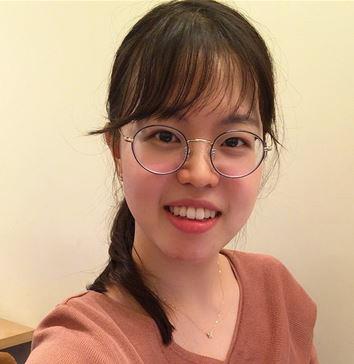Michelle Bak’s Dissertation Defense

PhD candidate Michelle Bak will present her dissertation defense, "Promoting a Healthy and Comprehensive Diet through Theory-Driven Large Language Models-based Agents." Bak's dissertation committee includes Jessie Chin (chair), School of Information Sciences; Associate Professor Dong Wang, School of Information Sciences; Research Scientist and Director, Center for Health Informatics, Ian Brooks, School of Information Sciences; Jana Diesner, School of Information Sciences; Suma Bhat, Department of Electrical and Computer Engineering.
Abstract
This dissertation investigates the use of theoretical frameworks in health promotion counseling to improve Large Language Models (LLMs) for recognizing and responding to diverse motivational states. The study identifies the limited capabilities of Large Language Models (LLMs) in providing information tailored to the motivational readiness for change among individuals who are resistant or ambivalent to behavior change. Such information gap can be particularly critical given that individuals in the earlier stages of change require different types of support than those in later stages of behavior change, such as information to encourage self-assessment of one’s cognitive and affective state in relation to health behavior. To address this gap, this study integrates behavior change theories, specifically the Transtheoretical Model (TTM) and Motivational Interviewing (MI), into prompt engineering strategies to address the information needs of these individuals in adopting a healthy and comprehensive diet. The improved LLM demonstrate potential in encouraging cognitive and affective self-image assessment in relations to the health behaviors to reduce ambivalence and strengthen commitment to behavior change through targeted, psychologically grounded interactions. The improved LLM also significantly increased behavioral intention without altering knowledge or risk perception, aligned with the characteristics of individuals in the contemplation stage of the TTM. Through MI-based strategies like reflective listening and affirmations, the improved LLM helped participants reduce ambivalence and considering actionable steps to dietary change. The research lays a foundation for LLM-based digital health solutions that support personalized interventions and support the long-term maintenance of health behaviors.
Question? Contact Michelle Bak.